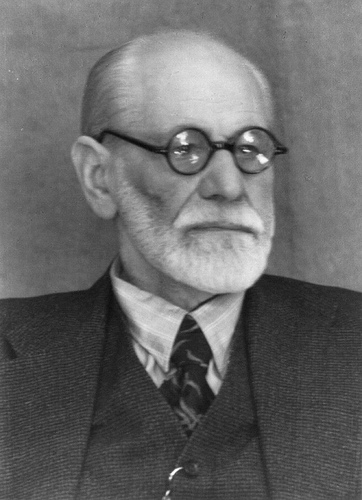
Sigmund Freud is known the world over as being one of the most recognisable names in the field of psychology. The Austrian neurologist is famous for being the founder of psychoanalysis and for his controversial theories which were often of a sexual nature. Born in 1856, the young Freud was part of an unusual family structure, with a mother 20 years younger than his father, and two half-brothers almost as old as his mother. Despite this and his family’s financial hardships, Freud went on to excel in his studies and graduated as a doctor of medicine in 1881.
The catalyst in Freud’s founding of psychoanalysis came in his treatment of patients suffering from hysteria. After forming his private practice in 1886, Freud used hypnosis on his patients to try to find the underlying cause of their mental issues. Continue reading





